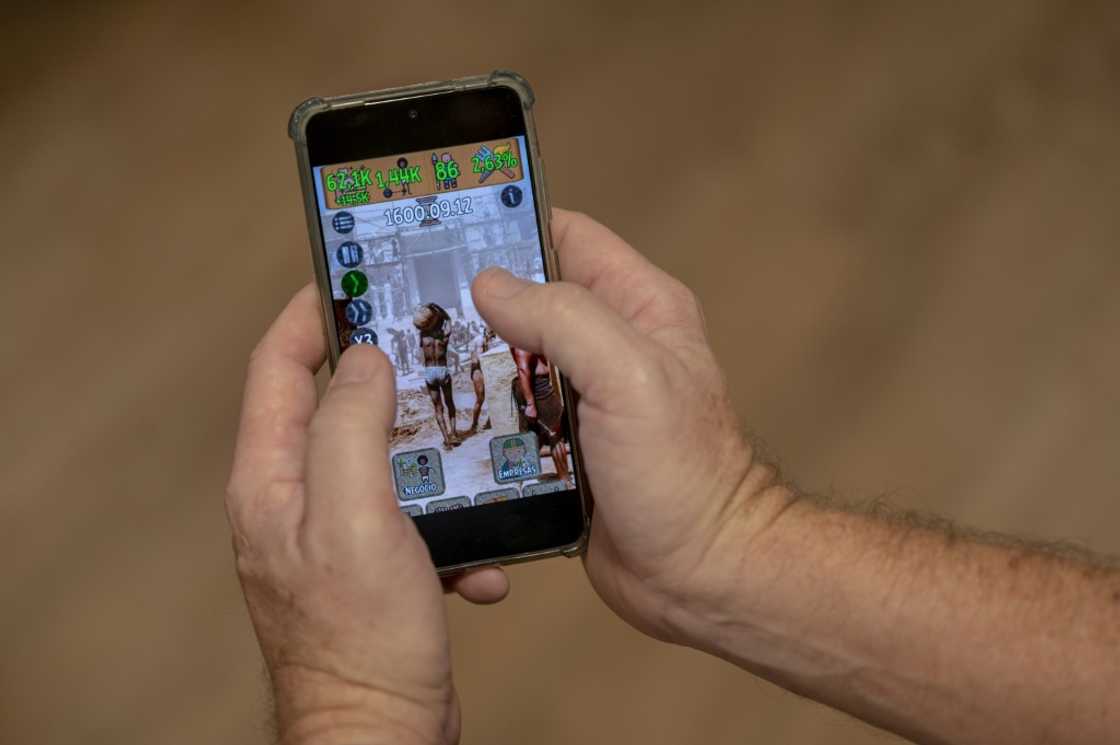Google withdraws 'Slavery Simulator' game app after Brazil outcry

Source: AFP
PAY ATTENTION: Enjoy reading our stories? Join YEN.com.gh's Telegram channel for more!
Google has withdrawn a gaming app that allowed players to buy, sell and torture black virtual "slaves" after a racism outcry in Brazil.
Dubbed "Slavery Simulator," the Portuguese-language game saw players trade in slaves and strategize to prevent the abolition of slavery in order to amass virtual riches.
The prosecutor's office said it had opened an investigation for "hate speech" related to the game downloaded by hundreds of people.
The app itself had come with a disclaimer condemning "all types of slavery" and insisting the game was "solely for entertainment purposes."
After withdrawing the app from its Playstore, Google said in a statement that "applications that promote violence or hated against groups of people or individuals because of their skin color or ethnic origin" would not be allowed on its platform.
The company invited users to report offensive content.
PAY ATTENTION: Follow us on Instagram - get the most important news directly in your favourite app!
Brazil's ministry of racial equality said it had asked Google to put in place measures "to filter out content containing hate speech, intolerance and racism" and "to prevent it from spreading so easily, without moderation."
Racism is still a problem in Brazil, the last country in the Americas to abolish slavery, in 1888. More than 56 percent of the population is Afro-Brazilian.
"Brazil is one of the countries with the most consumers on Google’s platforms, and there one finds this app that recalls the era of slavery, with bonuses for those who torture the most," said Renata Souza, a leftist regional lawmaker in Rio de Janeiro.
"This is not only racism, but also fascism," she told AFP. "Here in Brazil, we have a neo-fascist movement that is not afraid to show itself... because of the lack of regulation on social networks."
Google has spoken out against a bill seeking to stem online disinformation in Brazil, saying it "seriously threatens free speech."
Supporters call the bill a badly-needed defense against disinformation and online extremism, but detractors say it amounts to censorship.
A Supreme Court judge ordered an investigation of Google and Telegram over what he called their "abusive campaign" against the bill.
Racism has been on the minds of Brazilians since "monkey" insults were hurled Sunday against their own Vinicius Junior, playing for Real Madrid in Spain.
The lights on the Christ the Redeemer statue in Rio de Janeiro were turned off for an hour in solidarity with the player.
New feature: Сheck out news that is picked for YOU ➡️ click on “Recommended for you” and enjoy!
Source: AFP



